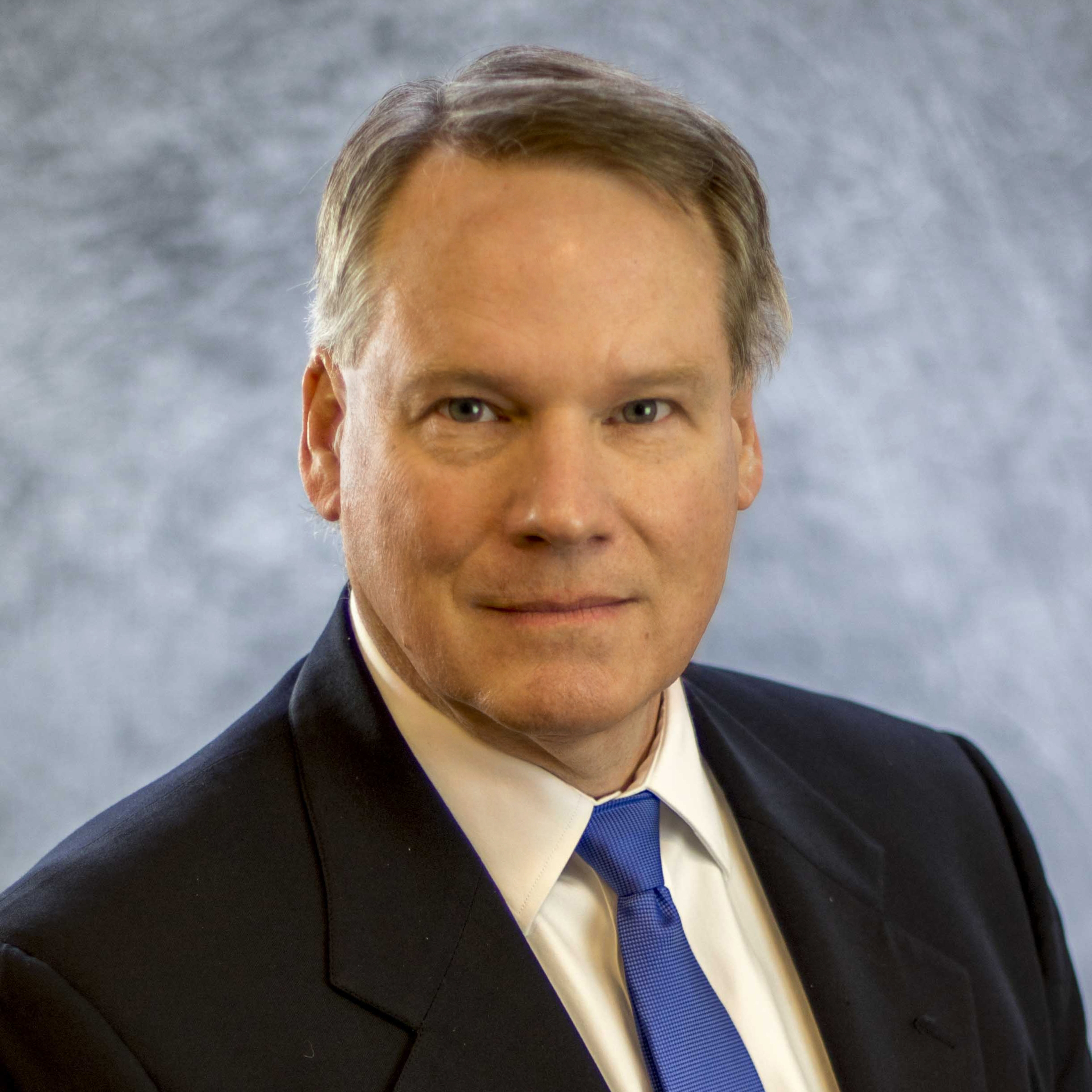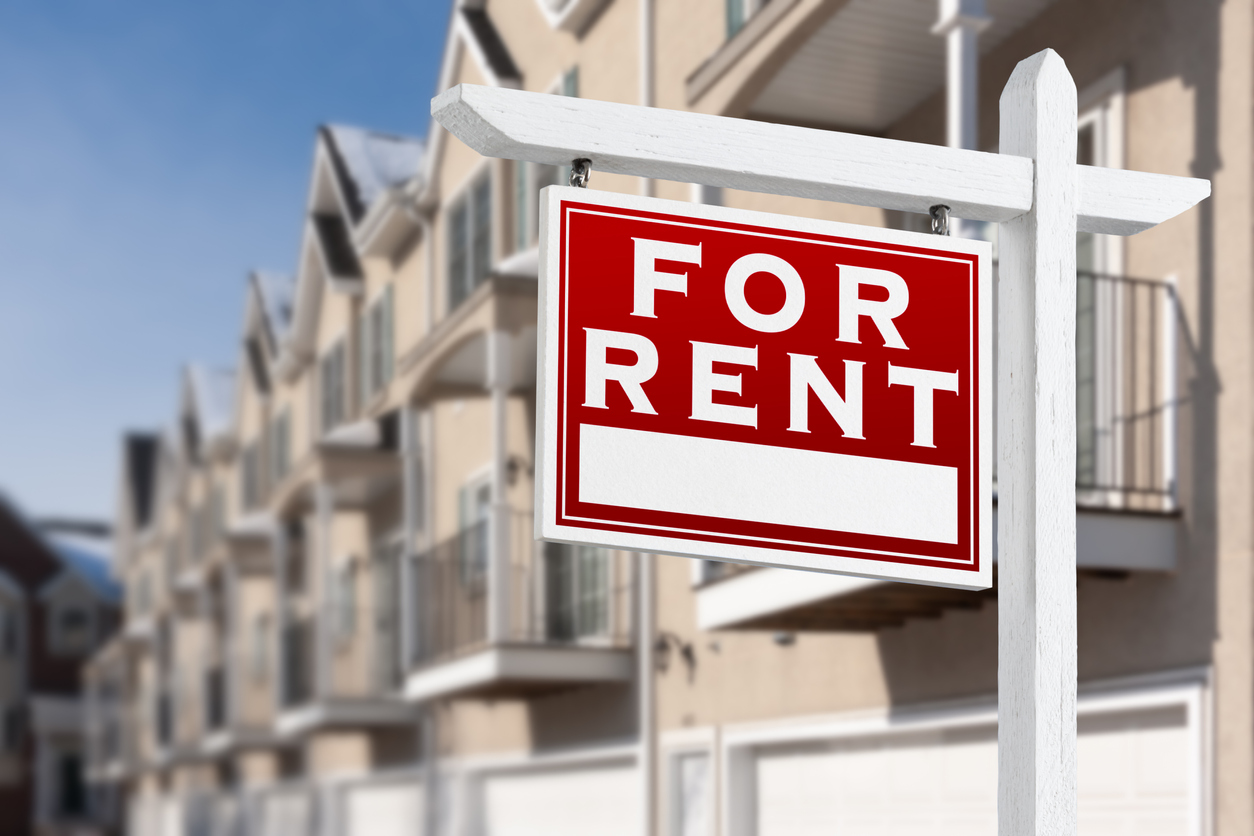For the third time in eight years Washingtonians will have a chance to vote on whether to allow charter schools in our state. In March Governor Locke signed a charter school law that would allow five charter schools to the first year, with 40 more permitted over the following five years. (Right now there are 2,212 public schools in the state.) Leaders of the state teachers' union, however, are unalterably opposed to charter schools in any form. By early July they had collected enough signatures to suspend the new law and put Referendum 55 on the November ballot. A "yes" vote on the Referendum would let the law go into effect, a "no" vote would retain the current statewide ban on charter schools.
Charter schools are independent public schools that are exempt from many state and federal regulations that restrict traditional public schools. Like other public schools, charter schools are publicly funded and do not charge tuition. Charter schools cannot pick and choose their students, but they have much more freedom to run their own educational programs. In Washington , each charter school would be managed by a private non-profit organization and overseen by a public sponsor, often the local school district. Charter schools would be targeted to disadvantaged students and would have to show steady academic progress in order to keep their doors open.
Proponents say charter schools allow local educators to escape the smothering bureaucracy that entangles other public schools and to find creative solutions that help struggling students. Opponents say such schools drain needed money away from traditional schools and lack sufficient oversight and accountability. In the midst of this ongoing debate, the national charter school movement has grown rapidly across the county.
In 1991, Minnesota became the first state to authorize charter schools. California followed in 1992, and over the next decade forty states and the District of Columbia authorized them. Today there are almost 3,000 charter schools throughout the United States , enrolling about 687,000 students. California has the highest number of such schools (500), followed by Arizona (491) and Florida (258). Not every charter school is a success. A few have closed their doors after just a few years. But in states where they exist, charter schools are very popular; some 70% have waiting lists.
It is not surprising, then, that education reformers in Washington want to try the idea in our state. The first five charter schools were set to open here on October 10th, but these plans have been shelved pending the outcome of the election.
One pending proposal is the Knowledge is Power Program (KIPP), now operating at 31 schools in 13 states. KIPP students spend more time in school than most other students, attending from 7:30 a.m. to 5:00 p.m. on weekdays, and including time on Saturday and during the summer. Students, known as "Kippsters," complete between two to three hours of homework each night. Teachers carry cell phones so students can call them at any time to ask questions about homework. While KIPP schools take all comers, parents, students and teachers must sign a 'commitment to excellence,' pledging to put school first. Every KIPP school leader has control over the school's budget, hiring and firing, and is held accountable for the results.
Another proposal has been put forward by Sea Mar Community Health Center director Rogelio Riojas to start a bilingual charter school in South King County . Riojas found that once Latino students leave kindergarten they often fall farther and farther behind, largely because of language problems. He hopes to create an elementary school that will use both Spanish and English to prepare students for junior high and high school, thus giving them a better chance of getting a high school diploma.
Washington voters have seen this issue before. In 1996, a charter school initiative was put on the ballot, but garnered only 36% of the vote. In 2000, a more modest version made the ballot, but fell just short of passage with slightly over 48% of the vote. Charter school supporters are hoping the third time is the charm, especially since they now have strong backing from the legislature and the governor. Union leaders hope a no vote will put an end to talk of lifting the charter schools ban once and for all, thus keeping the current monopoly education system intact.
The concept of charter schools is no longer new or experimental. If and when charter schools are allowed here, they would expand education choice and increase the system's ability to help the hardest-to-teach students. Properly implemented, charter schools hold the potential for bringing meaningful reform to Washington 's public education system, as they have in other parts of the country.



